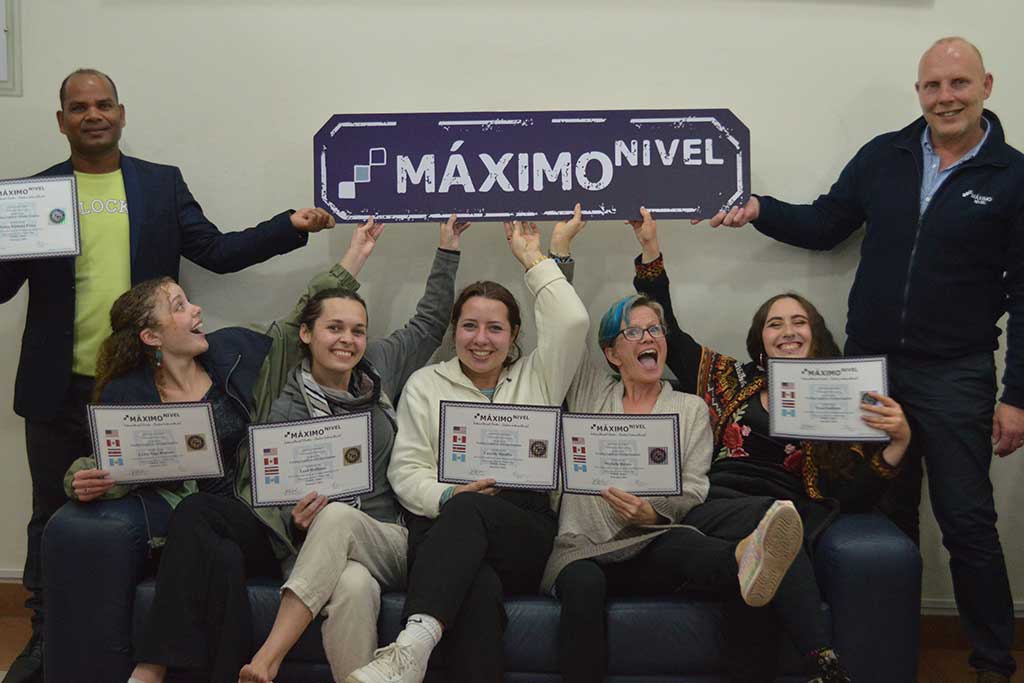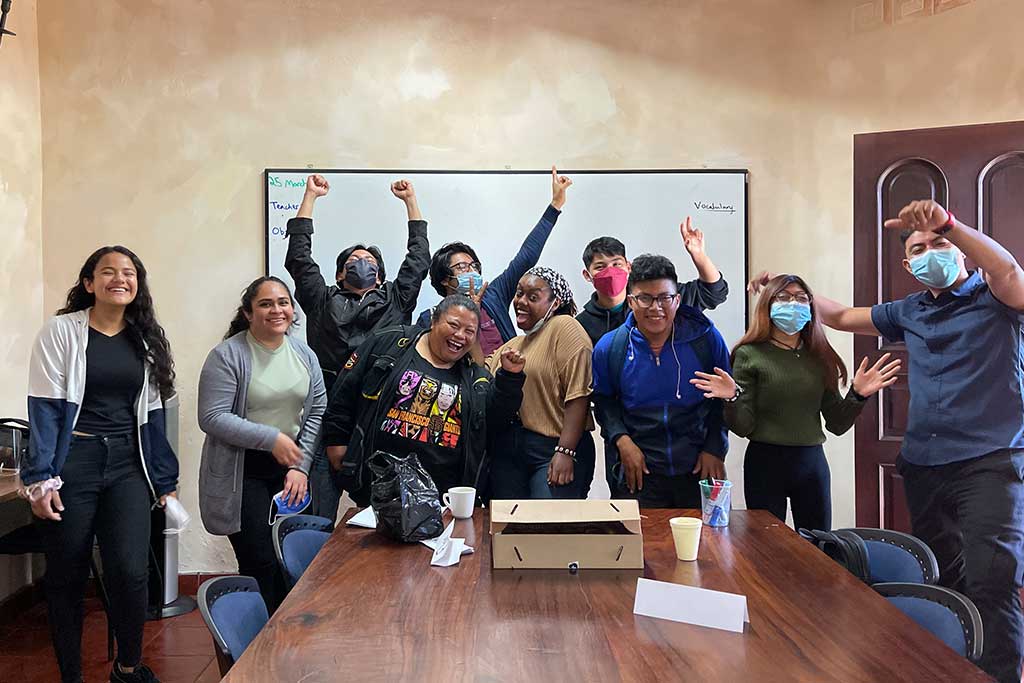Travel or start your career? Many people are torn between exploring the globe and getting ahead in the work world. But what if I told you that it doesn’t have to be a matter of either/or. How about traveling and starting your career?
Teaching English abroad is a viable way to see the world without breaking the bank. And if you’re already an educator or interested in becoming one, teaching English as a foreign language could be the perfect union of adventure and professional pursuits.
The level of education required to teach English abroad varies depending on the region of the world you’re interested in and the nature of the positions you’re applying to. However, some qualifications are recognized internationally, and earning a TEFL certification is the key to unlocking teaching opportunities abroad!
TEFL stands for teaching English as a foreign language, and in most of Latin America, as well as parts of Europe and Asia, this certification is what employers are looking for. Oftentimes, you won’t even need a bachelor’s degree.
So, if you’re serious about teaching English internationally, start researching TEFL certification programs. No single program will be the best match for everybody, but there are certain considerations that should influence your decision.

Finding the Right Fit
The majority of programs preparing their graduates to teach English abroad fall under the umbrella of “TEFL.” However, TESOL, which stands for teaching English to speakers of other languages, is another common acronym in the English language community.
Always be sure to read the fine print when exploring programs online, but TEFL and TESOL are sometimes used interchangeably. CELTA certificates, on the other hand, are a type of TEFL qualification issued by Cambridge Assessment English.
Though it’s well known and highly regarded in some circles, the CELTA isn’t recommended for educators who are interested in working primarily with young children. CELTA is short for certificate in English language teaching to adults.
But education acronyms aside, a large part of finding a TEFL program that works for you will be evaluating your personal preferences. Beyond this, a few central features to consider are accreditation and location.

Is it a reputable TEFL program?
TEFL is a general acronym. It is widely used to refer to the field of English instruction in countries where English is not the official language. With this in mind, make sure to look for programs offering accredited TEFL certifications that are recognized worldwide!
Not all TEFL programs are the same. So even though it’s wise to search for affordable options, don’t do so at the expense of the program being reliable and internationally recognized. Reading a few customer reviews can go a long way. And be sure to pay attention to the language used in the program’s advertising!
Make a mental checklist as you browse. Are you guaranteed to graduate with an accredited TEFL certification? Does it include at least 150 hours of training? Will the training include practical teaching experience with real English learners? Is it conducted in person or online?

Where is the TEFL program held?
Also remember, it’s important to select a program that will prepare you not just to teach but to accomplish what you’ve specifically set out to do. Ask yourself, for example, if taking an online course would be the most effective path to landing your dream job in Costa Rica.
If you have your eyes set on a particular region, try to find a training program in the region. It’s not essential to be certified in the country you plan to teach in, but it is helpful to think about where you want to end up, at least initially.
Some TEFL programs are attached to in-house employment opportunities. Local connections also go a long way when working in countries where online job applications aren’t used frequently. But earning your TEFL in Guatemala doesn’t mean you need to stay there forever!
Exploring a new city for a month while you complete your TEFL training is a great way to test out the waters before you commit to teaching there. And if you decide to travel somewhere else down the road, being a TEFL graduate will help you secure a teaching position almost anywhere!

Hitting the Books & Hunting for Teaching Jobs
Sold? Maybe you’ve already found the right fit. But even if you’ve signed up for a program that checks all your boxes, don’t kick up your feet just yet. To really make the most of your TEFL certification you’ll have to put in the work.
This shouldn’t intimidate you. TEFL trainers are educators too, and they’re there to help you. But just as in any university course or vocational training program, you’ll reap what you sow. Do your homework. Ask questions. Build relationships.
TEFL certification programs tend to be short and intensive. Maximo Nivel’s on-site programs in Latin America jam 150 hours of training into four whirlwind weeks of reviewing grammar, learning teaching techniques, and practicing with real students.
Investing in a short but in-depth training like this will pay off after you graduate. You’re more likely to develop fruitful relationships with your peers and TEFL trainer if you opt for an on-site TEFL course. And sometimes, building a global career comes down to connections.
That’s why it’s important to choose a program that has your back after you graduate. Maximo offers lifelong job finding assistance to its TEFL graduates. But if you’re looking at a different program and aren’t sure what it has to offer, don’t be scared to ring up and ask!
When it’s all said and done, you don’t want to walk away with a piece of paper that you don’t know how to use. So be diligent in the research phase. Find a program that’s accredited and in a desirable location. Once you’re there, make sure to apply yourself, but also don’t forget to enjoy the ride!
